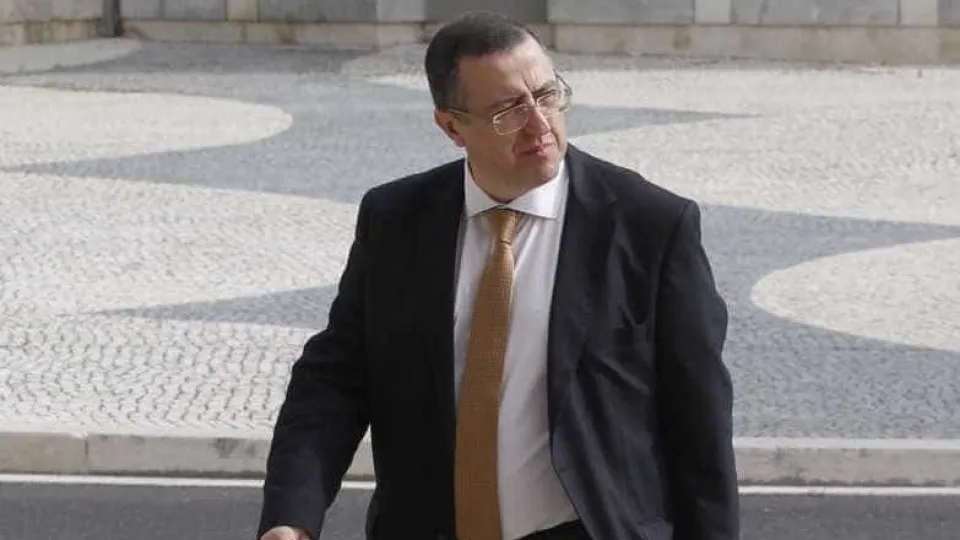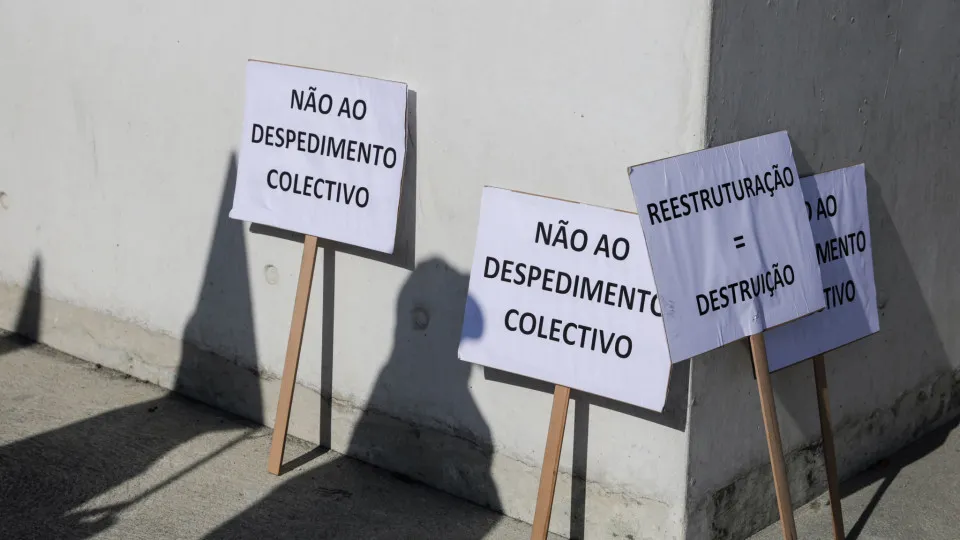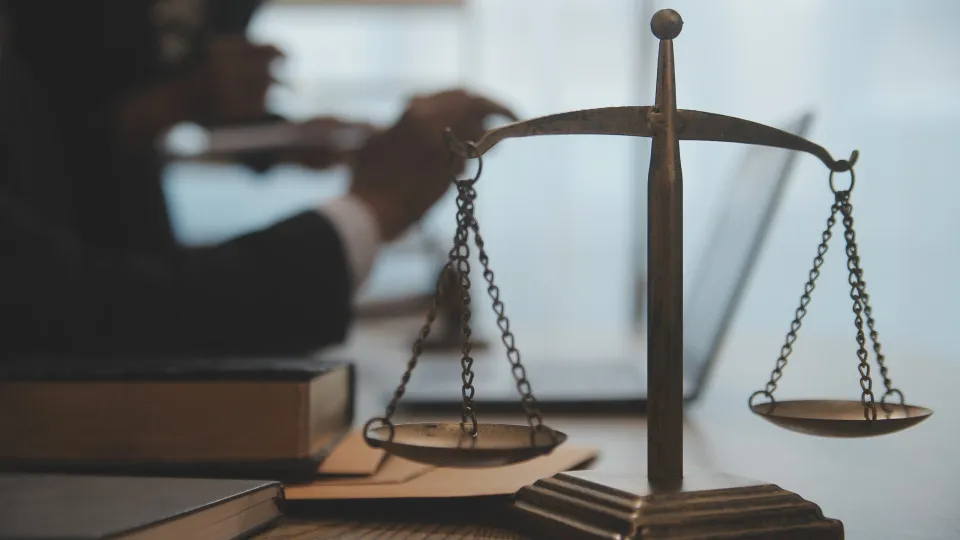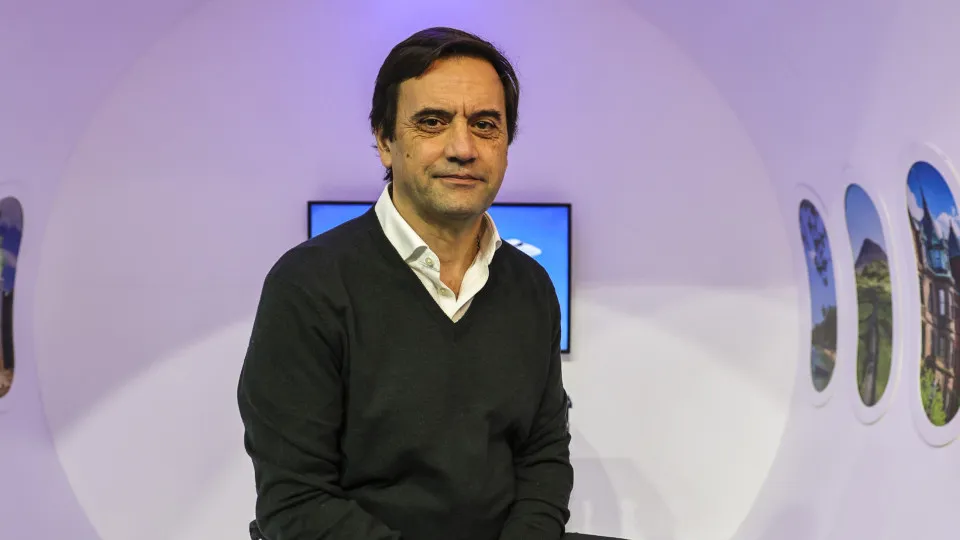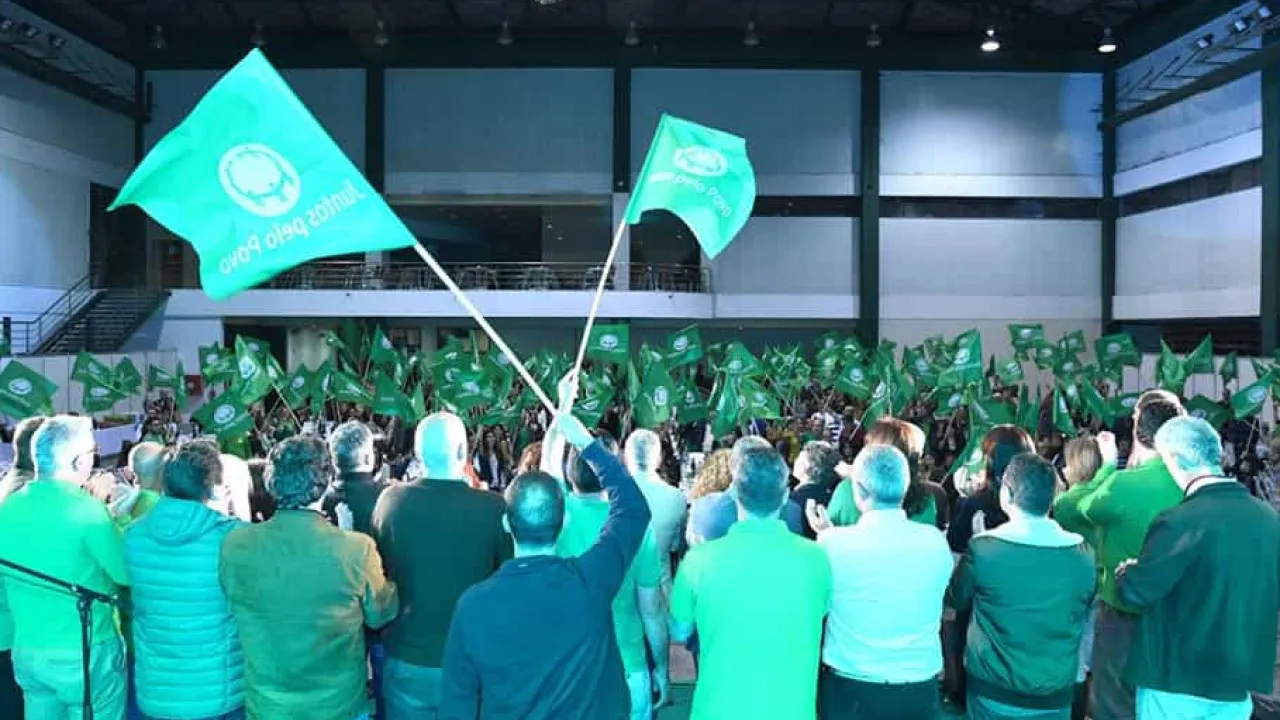
In a statement, party secretary-general Élvio Sousa emphasized that there will be a renewed team in the municipality of Santa Cruz, the only one currently run by JPP, expressing the goal to maintain leadership of the local council and “focus heavily on Funchal, without neglecting other councils.”
JPP is presenting individual lists in the Madeiran municipalities of Funchal, Calheta, Câmara de Lobos, Machico, Ponta do Sol, Porto Moniz, Ribeira Brava, and Santa Cruz.
The party will also independently run in the municipalities of Paredes, Maia, and Gondomar in the district of Porto, but its strongest presence is in Madeira, specifically in Santa Cruz.
In Madeira, JPP will not contest only three of the 11 municipalities: Santana, São Vicente, and Porto Santo. However, in Porto Santo, it supports the citizen movement UNE – Uma Nova Esperança, which includes members of Juntos Pelo Povo.
Filipe Sousa, one of the founders of the party and current deputy for the Assembly of the Republic (AR), departed Santa Cruz’s council earlier this year after governing since 2013, following his election to the AR and approaching the end of his third and final term in office.
The Santa Cruz council is currently led by Élia Ascensão, who will lead the list in the October 12 local elections.
In Funchal, the main municipality of the autonomous region with 105,782 inhabitants (2021 Census), the party’s list is headed by Fátima Aveiro, who resigned from her position as president of the Food Bank Against Hunger in Madeira to focus on her candidacy.
“The priority is to expand the movement in the region and gradually on the mainland,” Élvio Sousa emphasized.
In 2008, a group of citizens, including brothers Élvio and Filipe Sousa, founded the PPG – Pelo Povo de Gaula, a parish in Santa Cruz, in the eastern part of Madeira.
The following year, PPG adopted the name Juntos Pelo Povo and, in the municipal elections that year, they ended the PSD’s absolute majority in Santa Cruz municipality and won the Gaula Parish Council.
Four years later, in the 2013 municipal elections, JPP won an absolute majority in Santa Cruz, which had always been governed by the social democrats.
Filipe Sousa took office for the first time as president of the council and was re-elected, consistently with an absolute majority, in the 2017 and 2021 elections.
Currently, JPP, the 21st political party registered nationally with the Constitutional Court on January 27, 2015, holds control of the Santa Cruz council and its five parish councils.
JPP is also the main opposition party in the Regional Legislative Assembly (dominated by PSD/CDS-PP), with 11 deputies, having surpassed the PS in the last regional legislative elections on March 23.

